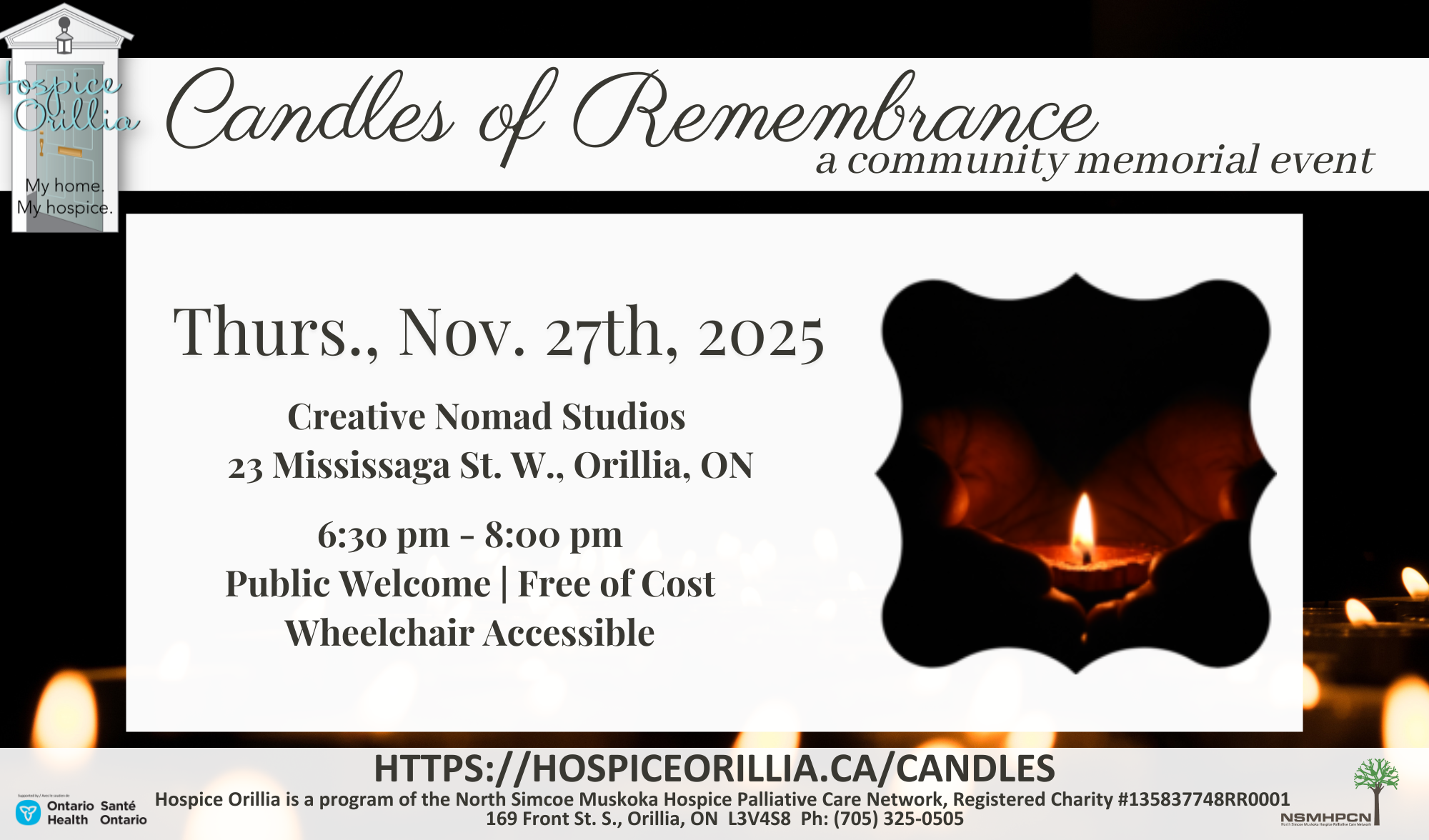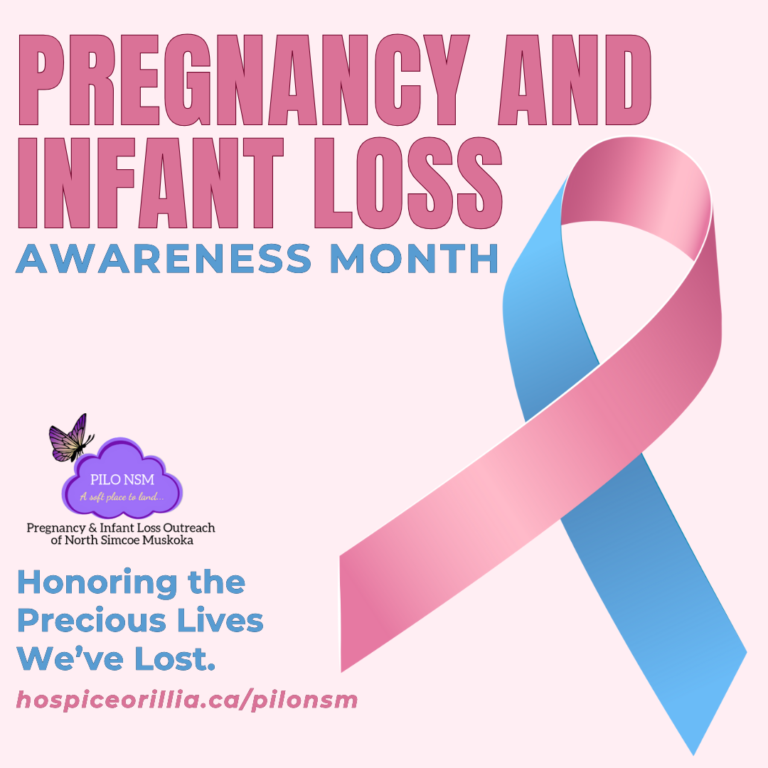 Delirium: Prevention, Diagnosis and Treatment
Delirium: Prevention, Diagnosis and Treatment
Delirium is an acute and often reversible disturbance in attention, awareness, and cognition, typically triggered by an underlying medical condition, medication, or environmental change. Early diagnosis is critical and involves identifying sudden changes in mental status, fluctuating levels of consciousness, and disorganized thinking, often through clinical tools like the Confusion Assessment Method (CAM). Prevention focuses on addressing modifiable risk factors, such as ensuring adequate hydration, promoting sleep, managing pain, avoiding polypharmacy, and supporting sensory input (e.g., using hearing aids or glasses). Treatment involves promptly identifying and managing the underlying cause, minimizing medications that can contribute to confusion, and providing supportive care, including frequent orientation, calm environments, and mobilization. A multidisciplinary approach is essential to improving outcomes and reducing complications.













